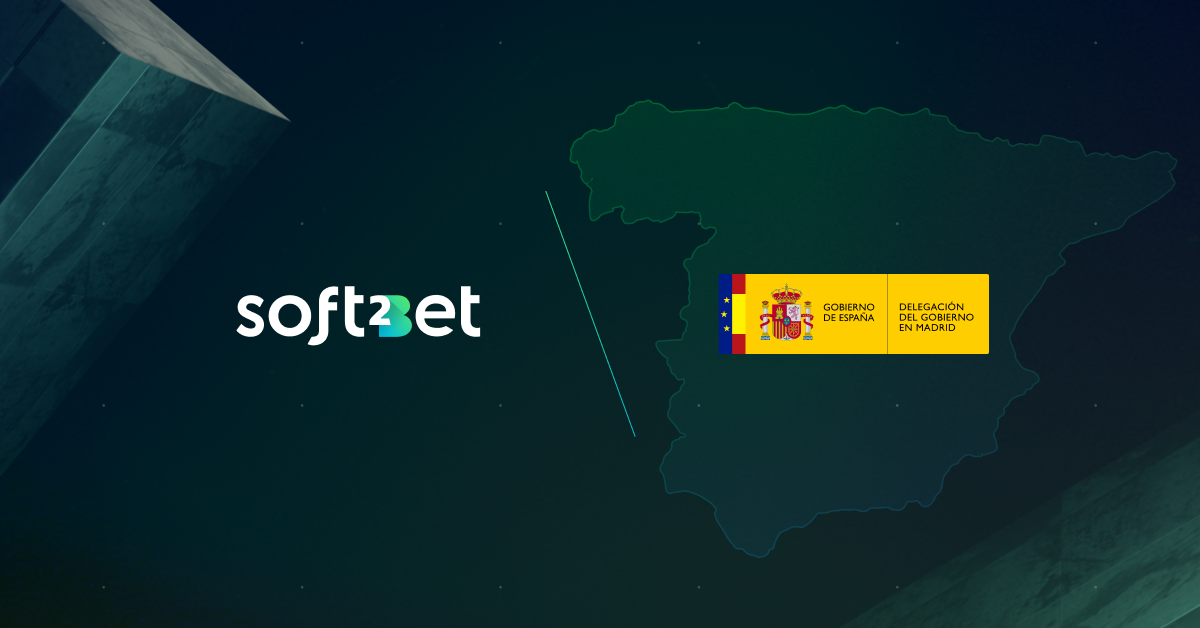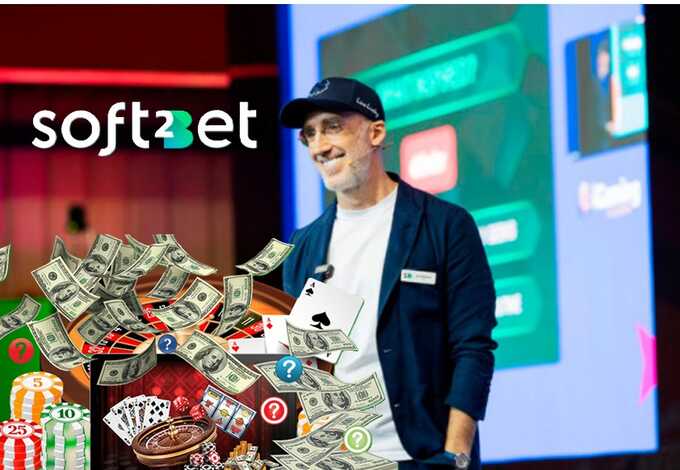
Ensuring Gaming Data Security: An In-depth Approach to Protecting Your Information
The gaming industry has been growing at an unprecedented pace, attracting millions of players worldwide. This rapid expansion brings numerous benefits, such as an extensive range of games and increased accessibility. However, it also poses significant challenges, particularly in the realm of gaming data security. Players are focused on the excitement and enjoyment of gaming, but they must also remain vigilant about the safety of their personal information. With the rise of online casinos, such as gaming data security Soft2Bet casinos, the importance of robust data protection measures cannot be overstated.
The Importance of Gaming Data Security
Gaming data security encompasses the practices and technologies that protect the data generated and exchanged within the gaming environment. This includes personal identification information (PII), financial transactions, gameplay data, and more. The consequences of data breaches or cyberattacks can be catastrophic, leading to financial losses, identity theft, and a loss of trust in gaming platforms.
As gaming moves further into the digital realm, it becomes imperative for game developers, online casinos, and players alike to take proactive steps to safeguard sensitive information. Understanding the potential risks and implementing effective security measures can significantly mitigate threats and enhance the overall gaming experience.
Common Threats to Gaming Data Security
Several types of threats can compromise gaming data security. Understanding these threats helps players and developers take informed precautions to protect their information:
- Phishing Attacks: Cybercriminals often employ phishing strategies to trick players into revealing their login credentials or other sensitive information. These attacks can occur through fraudulent emails, websites, or in-game messages.
- Malware: Malicious software, such as keyloggers, can be used to record keystrokes and steal personal information. Players unknowingly download malware through untrustworthy sources, putting their data at risk.
- DDoS Attacks: Distributed Denial of Service (DDoS) attacks target gaming servers, overwhelming them with traffic and disrupting gameplay. While primarily aimed at causing inconvenience, these attacks can also expose vulnerabilities in security systems.
- Data Breaches: Large-scale data breaches can occur if hackers gain access to databases that store player information. This can lead to the unauthorized release of sensitive data, affecting thousands of users simultaneously.
Best Practices for Enhancing Gaming Data Security
To safeguard against the aforementioned threats, both players and gaming platforms must adopt best practices for data security:
For Players:

- Use Strong Passwords: Create complex passwords using a combination of letters, numbers, and symbols. Avoid using easily guessable information, such as birthdays or common words.
- Enable Two-Factor Authentication (2FA): Wherever possible, enable 2FA to add an extra layer of security. This requires players to provide a second form of verification, such as a code sent to their mobile device.
- Be Wary of Links: Avoid clicking on suspicious links in emails or communications, especially if they require you to input personal data. Always verify the source before proceeding.
- Keep Software Updated: Regularly update your device’s operating system, antivirus software, and applications to protect against vulnerabilities that could be exploited by hackers.
For Gaming Platforms:
- Implement Robust Security Protocols: Use encryption for data transmission and storage to protect sensitive information from unauthorized access.
- Regular Security Audits: Conduct periodic security assessments to identify and rectify vulnerabilities or weaknesses in your infrastructure.
- Educate Players: Provide resources and materials that educate players about data security best practices, enhancing their understanding and engagement.
- Incident Response Plans: Develop and maintain an incident response plan to quickly address breaches or cyberattacks, minimizing potential damage and informing affected users promptly.
Legal Considerations and Regulatory Compliance
Gaming companies must also navigate a complex landscape of regulations concerning data protection. Laws such as the General Data Protection Regulation (GDPR) in Europe or the California Consumer Privacy Act (CCPA) in the United States impose strict rules on how personal data should be collected, stored, and processed.
Compliance with these regulations not only helps in safeguarding player information but also builds trust with users. Players are more likely to engage with platforms that prioritize data security and comply with legal standards.
The Future of Gaming Data Security
As technology advances, new security solutions continually emerge to address evolving threats. Innovations such as blockchain technology promise to enhance data security by ensuring immutable and transparent records of transactions. Meanwhile, artificial intelligence (AI) can be leveraged to detect and respond to anomalies in real time, providing faster responses to potential security incidents.
For the gaming industry, staying ahead of cyber threats requires a commitment to continuous improvement and adaptation. Developers must prioritize a security-first approach, integrating data security into the design and development phases of their products.
Conclusion
Gaming data security is a critical aspect that players and developers must prioritize. With the increasing digitization of the gaming landscape, the threats to personal information continue to evolve, necessitating proactive measures to safeguard data. By understanding threats, adopting best practices, and staying informed about regulatory compliance, the gaming community can foster a safe and enjoyable environment for all users.
As we move forward, collaboration between players, developers, and regulators is key to creating a robust security framework that reassures users while ensuring that the joy of gaming remains unmarred by security concerns. It is an ongoing journey, but with vigilance and commitment, we can create a secure atmosphere for gaming enthusiasts everywhere.
